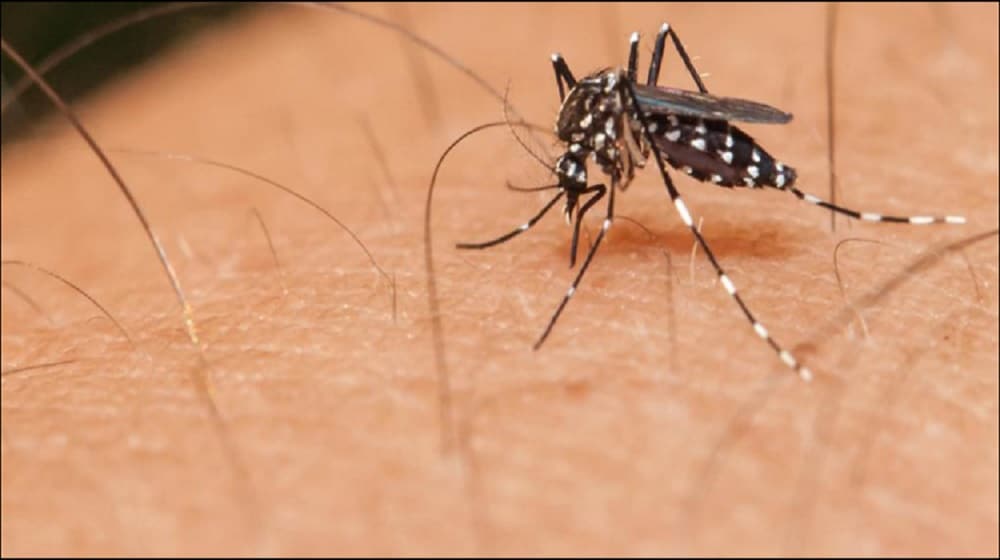The Rawalpindi District Health Authority (DHA) has terminated 12 employees, including workers and supervisors, for alleged negligence during the ongoing anti-dengue drive.
District Health Authority Chief Executive Officer Dr. Ehsan Ghani confirmed that more than 448 workers had been served show-cause notices, with disciplinary action taken against 12 in the first phase. The dismissals were carried out under the PEDA Act 2006 after the staff failed to meet campaign targets and continued to show inefficiency despite repeated warnings.
A three-member inquiry committee, led by the district health officer, has also been formed to investigate further complaints against other sanitary staff accused of negligence.
Dr. Ghani said the dismissed workers consistently failed to perform their duties to curb the spread of dengue. “Every employee was given clear targets, but some remained careless despite reminders,” he noted.
He added that the anti-dengue campaign remains in full swing, with fumigation being carried out in high-risk union councils and door-to-door surveillance teams working across the district. Citizens have been urged to cooperate with health workers to help reduce the number of dengue cases during the peak season.
At present, 20 new dengue cases have been confirmed in Rawalpindi, bringing the total to 394 this year—lower than the figures reported in the last two years. Dr. Ghani expressed hope that patient numbers would decline in the coming days.
Separately, he highlighted progress in the HPV vaccination drive. On the fourth day of the campaign, 78% of the target had been achieved. The campaign, running until September 27, aims to immunize 395,609 girls aged 9 to 14 against cervical cancer as part of a nationwide initiative.
While community response has generally been positive, Dr. Ghani noted challenges in schools where parental consent is required. He urged families to support the program, stressing: “This vaccine is our best defense against cervical cancer, a disease that continues to affect countless women.”
